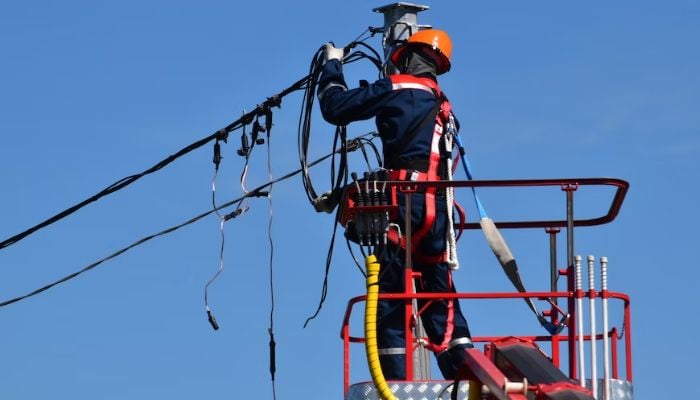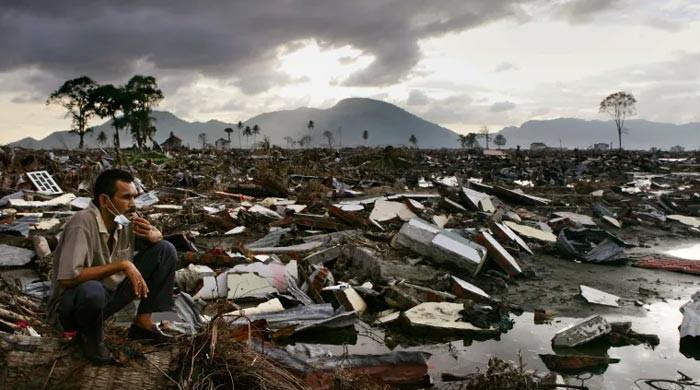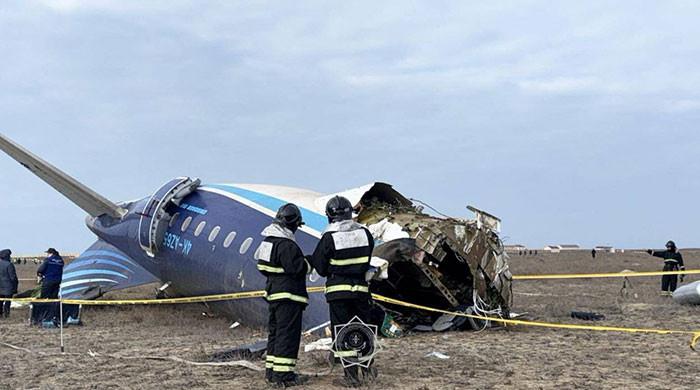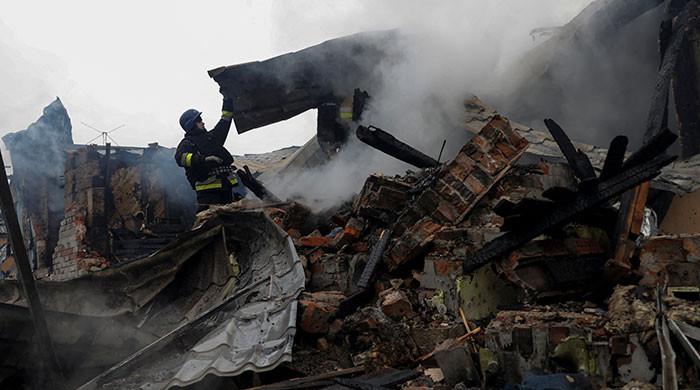Power outage: What to do if you lose power during storms
After a power outage on Saturday, some companies in Albany, NY, are still getting back on their feet
March 04, 2023

After a power outage on Saturday, some companies in Albany, NY, are still getting back on their feet. They also claim that they lost out on thousands of dollars, WALB reported.
On Westover Boulevard near Dawson Road, crews put in immense effort to repair a snapped electricity pole and reverse the outage affecting many. It was allegedly triggered by an automobile accident in the early morning.
More than 75,000 people were without power as of 7pm on Friday in Jefferson, Bullitt, Meade, and Oldham counties, according to LG&E. They estimate that there are about 200,000 clients without power in the entire state, the outlet reported.
According to Duke Energy, a utility in Southern Indiana, about 8,000 customers are without power. The CMP outage list also showed that hundreds of outages were reported.
Following is the advice, as reported by WLWT, on what to do if you lose power during severe weather:
Before the storm
To save time later, assemble an emergency supply kit. Everything a person or family would require for at least two weeks should be included in the box, especially food, medicines, water, and other goods that may be difficult to locate after a catastrophe.
To keep up with weather forecasts and critical information from state and local officials, have a portable radio or TV nearby.
When you know a storm is around, charge cellphones, computers, and other electronic devices to maintain access to crucial safety and response information. Make sure to completely charge any portable chargers you consider buying.
After the storm
Power lines that have fallen or are sagging should be avoided. Consider all lines, trees, and anything else in touch with lines to be electrified.
Keep driving if a power wire accidentally crosses your car. If a fire or other emergency life-threatening scenario forces you to exit the vehicle, try your best to jump clear of the vehicle and land on both feet. When your feet strike the ground, make sure that no part of your body is in contact with the vehicle.











